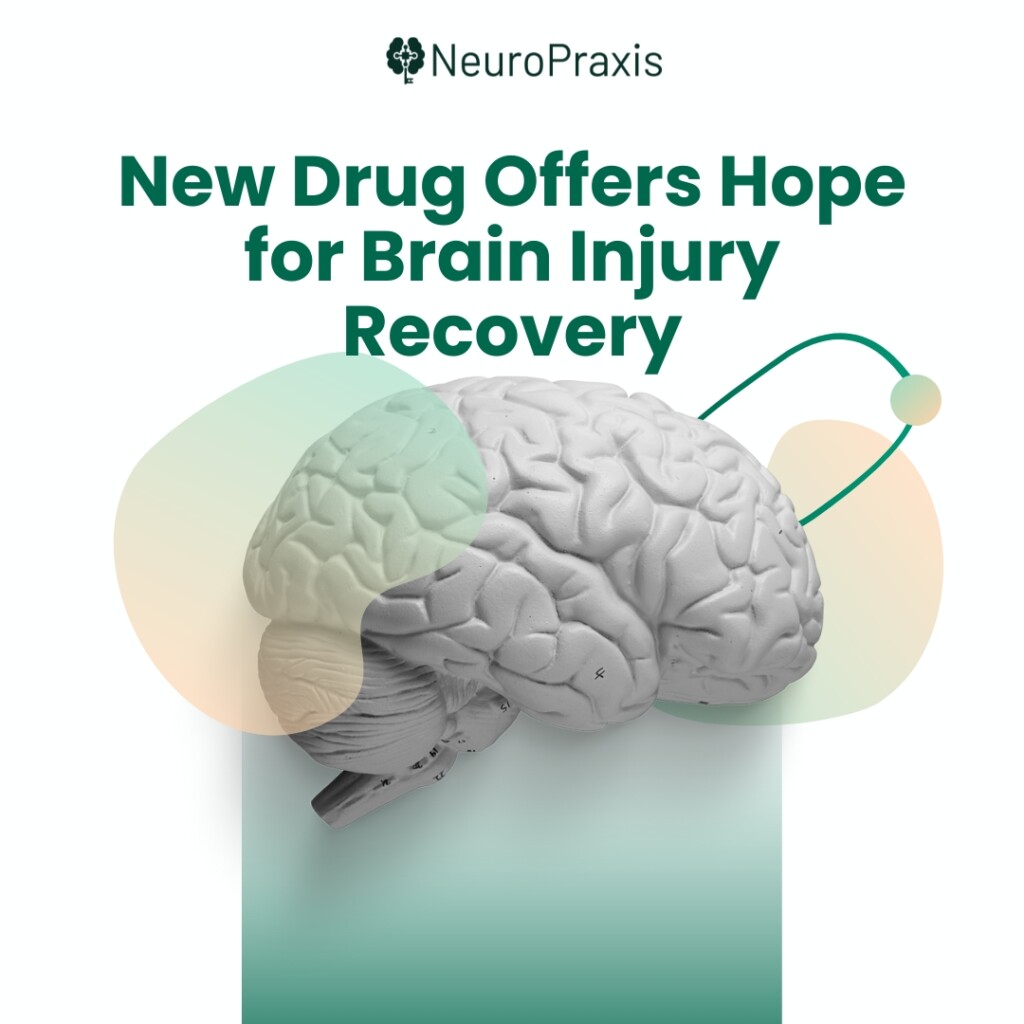Every year, millions of Americans suffer traumatic brain injuries (TBIs) from falls, car accidents, or sports. These injuries can lead to lifelong disabilities—or even death—and right now, there’s no medication to fix the damage. But a breakthrough discovery from University of Georgia (UGA) researchers might change that. A drug called CMX-2043 could help the brain heal itself after injury, offering new hope for recovery. Here’s what you need to know.
Why Current Treatments Fall Short
Today, doctors can’t repair brain damage caused by TBIs. Treatments focus on easing symptoms or preventing further harm, like reducing brain swelling. But there’s nothing to actively help the brain rebuild. “We’re stuck managing the aftermath instead of fixing the problem,” says Dr. Franklin West, lead researcher and UGA professor. That’s where CMX-2043 comes in.
How This Drug Works
Imagine your brain has a “cleanup crew” that rushes in after an injury to sweep away harmful chemicals. TBIs overwhelm this crew, leaving damage unchecked. CMX-2043 acts like a supercharger for this natural cleanup process.
- It’s based on antioxidants: These are molecules that fight damage caused by unstable “free radicals” (think of them as tiny wrecking balls in the brain).
- It boosts your brain’s defenses: The drug doesn’t do the work itself—it helps your brain’s own repair systems work harder and faster.
“It’s like giving the cleanup crew extra tools and energy,” explains West.
Promising Results in Early Testing
In studies with pigs (whose brains are surprisingly similar to humans), CMX-2043 showed exciting results:
- Less brain damage on MRI scans.
- Stronger antioxidant activity, meaning the brain could fight off harmful molecules more effectively.
“The better the brain’s cleanup system worked, the less damage we saw,” says Dr. Erin Kaiser, a UGA researcher involved in the study.
Why This Matters for TBI Patients
TBIs aren’t just about the initial injury. They trigger a “storm” of inflammation and cell damage that can worsen over time. By boosting the brain’s natural repair tools, CMX-2043 might:
- Limit long-term damage after car crashes, concussions, or falls.
- Improve recovery chances for millions of people.
What’s Next? Human Trials on the Horizon
While the results are promising, CMX-2043 isn’t available yet. Researchers are now planning studies to:
- Track the drug’s effects in real time using brain scans.
- Test its safety and effectiveness in humans.
The UGA team, including brain injury and drug development experts, hopes to start clinical trials soon.
Conclusion
CMX-2043 could be the first drug to help the brain heal after injury—not just manage symptoms. While more research is needed, this discovery is a major step toward better TBI care. As West puts it: “We’re giving the brain a fighting chance to repair itself.”

